EU accession may “hurt economic relations with Russia”
Russian Ambassador to Serbia Alexandr Konuzin said Friday that Russia was interested in what Serbia had to export, especially its agricultural products.
Saturday, 26.03.2011.
13:27

Russian Ambassador to Serbia Alexandr Konuzin said Friday that Russia was interested in what Serbia had to export, especially its agricultural products. He also wondered whether that export would be compromised by Serbia's EU accession. EU accession may “hurt economic relations with Russia” “The free trade agreement between the two countries will be void once Serbia joins the EU, which could hurt Serbia's export to Russia,” the ambassador explained speaking at a meeting on Serbia's export potential. “Russia has nothing against Serbia's EU integration,” says he, adding that Russian Prime Minister Vladimir Putin has confirmed that by saying that whatever is good for Serbia is good for Russia as well. However, he wondered if anyone had come up with projections about the effects of becoming a member of the EU. “The free trade agreement with Russia allows Serbia to be more competitive on the Russian market, but will such competitiveness exist on the EU market also,” he wondered. “Serbia's export to Russia went up by around 50 percent in 2010, while agricultural export rocketed up by 250 percent,” Konuzin pointed out. “This January, the export was up by 200 percent,” he added. Serbian Chamber of Commerce (PKS) President Milos Bugarin said it was in Serbia's interest to boost its export to Russia because of a large trade deficit with that country. "Around 75 percent of import from Russia is oil and natural gas," he noted, adding that the deficit was over USD 2.5bn until 2010, but that economic diplomacy, the free trade agreement and agricultural production reduced that significantly. The PKS president says he is among those who believe the EU integration will not harm Serbia's economic cooperation with Russia. According to Deputy Head of the EU Delegation to Serbia Adriano Martins, the EU has donated around EUR 2bn to Serbia over the past ten years to help it prepare for accession and there are many active projects in the country that are related to that. Martinsis optimistic about Serbia's ability to cope with the pressure of the EU market, but agrees that it is still not ready for it. “However, there is enough time to prepare,” he added.
EU accession may “hurt economic relations with Russia”
“The free trade agreement between the two countries will be void once Serbia joins the EU, which could hurt Serbia's export to Russia,” the ambassador explained speaking at a meeting on Serbia's export potential.“Russia has nothing against Serbia's EU integration,” says he, adding that Russian Prime Minister Vladimir Putin has confirmed that by saying that whatever is good for Serbia is good for Russia as well. However, he wondered if anyone had come up with projections about the effects of becoming a member of the EU.
“The free trade agreement with Russia allows Serbia to be more competitive on the Russian market, but will such competitiveness exist on the EU market also,” he wondered.
“Serbia's export to Russia went up by around 50 percent in 2010, while agricultural export rocketed up by 250 percent,” Konuzin pointed out. “This January, the export was up by 200 percent,” he added.
Serbian Chamber of Commerce (PKS) President Miloš Bugarin said it was in Serbia's interest to boost its export to Russia because of a large trade deficit with that country.
"Around 75 percent of import from Russia is oil and natural gas," he noted, adding that the deficit was over USD 2.5bn until 2010, but that economic diplomacy, the free trade agreement and agricultural production reduced that significantly.
The PKS president says he is among those who believe the EU integration will not harm Serbia's economic cooperation with Russia.
According to Deputy Head of the EU Delegation to Serbia Adriano Martins, the EU has donated around EUR 2bn to Serbia over the past ten years to help it prepare for accession and there are many active projects in the country that are related to that.
Martinsis optimistic about Serbia's ability to cope with the pressure of the EU market, but agrees that it is still not ready for it.
“However, there is enough time to prepare,” he added.












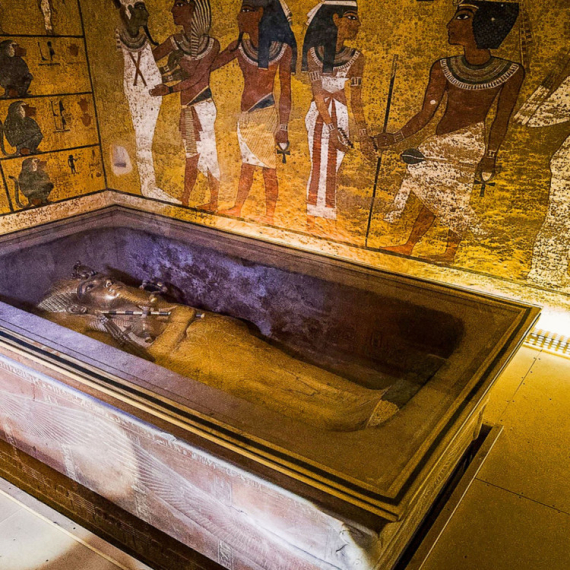
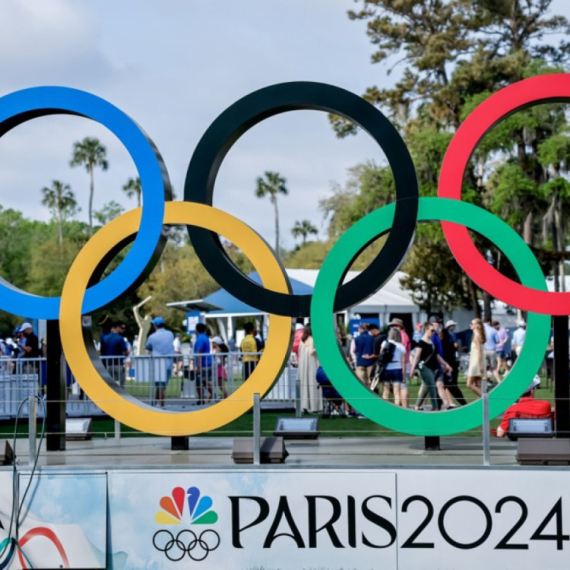

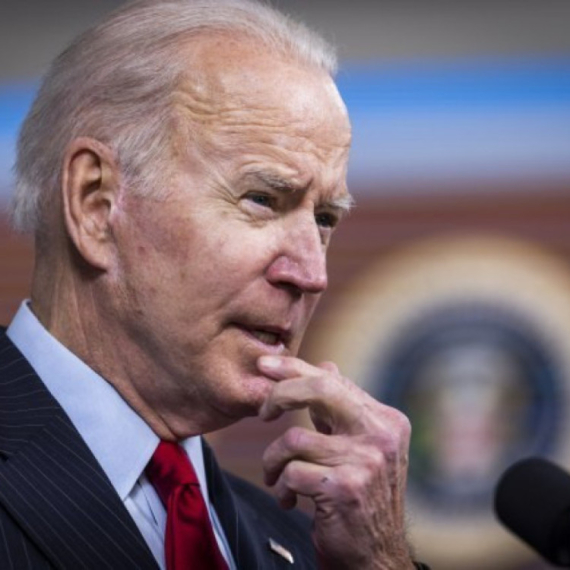
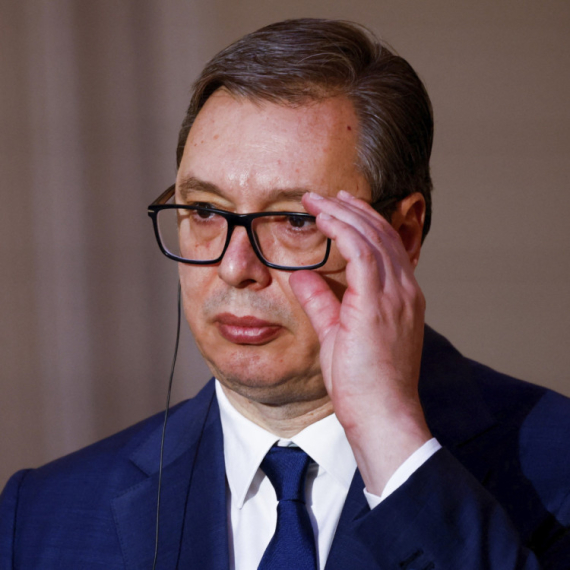
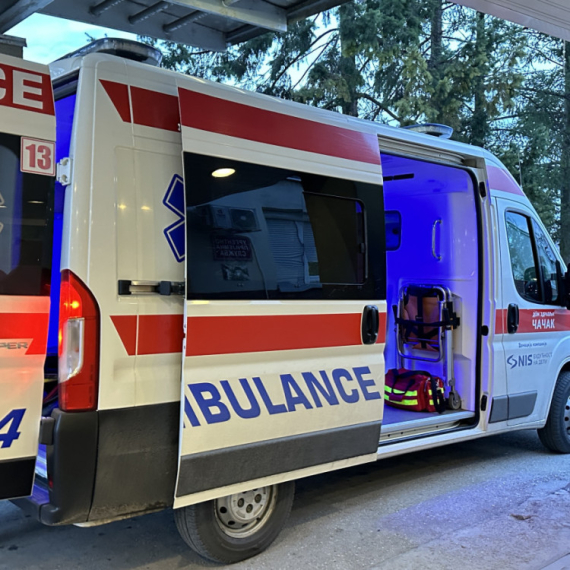

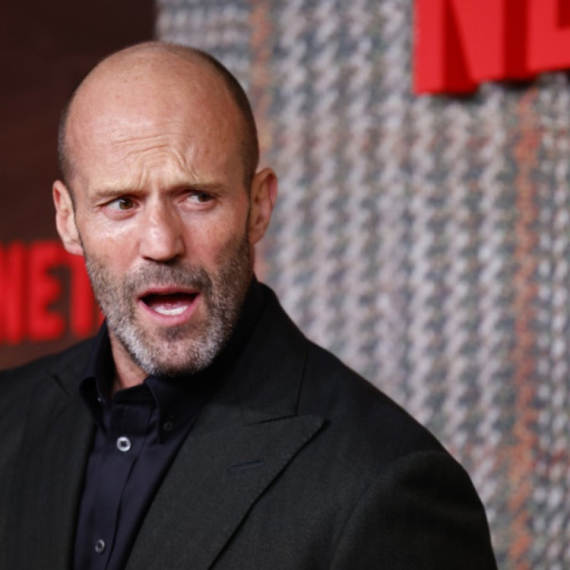
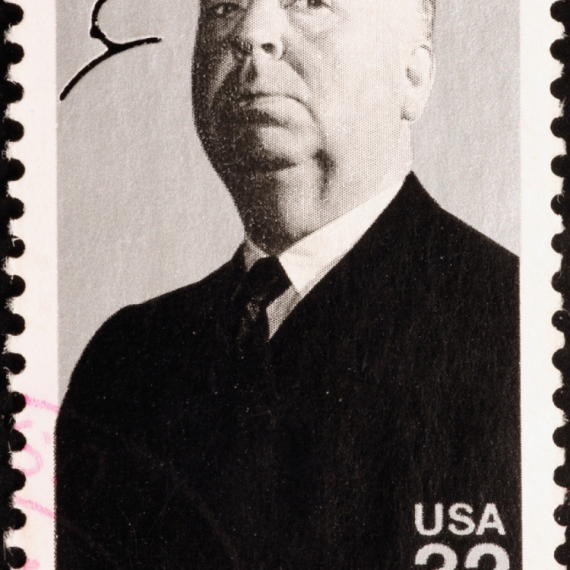








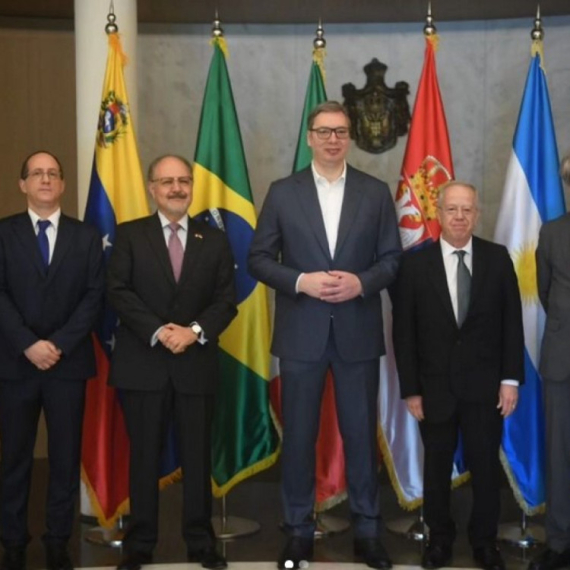





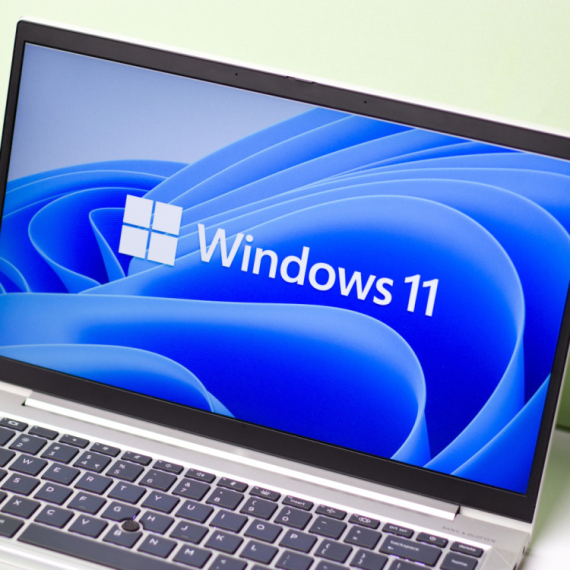



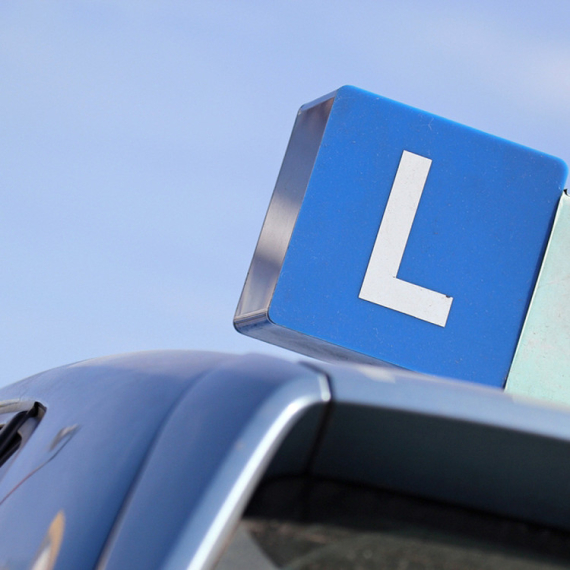
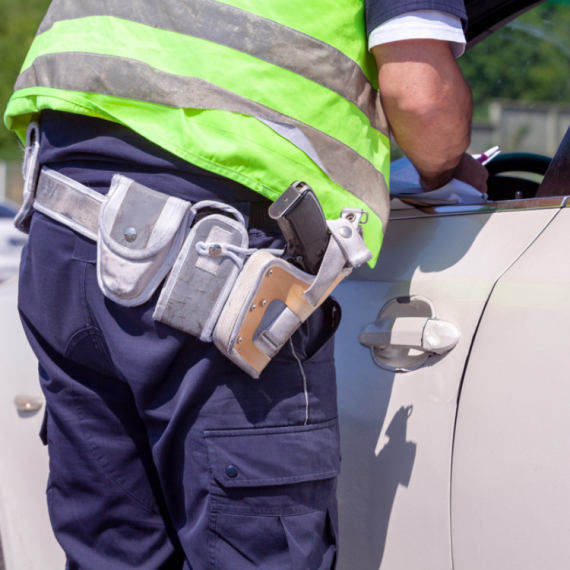




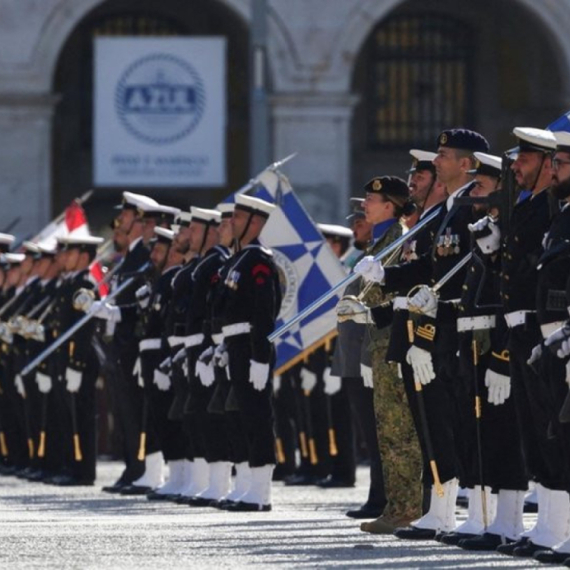
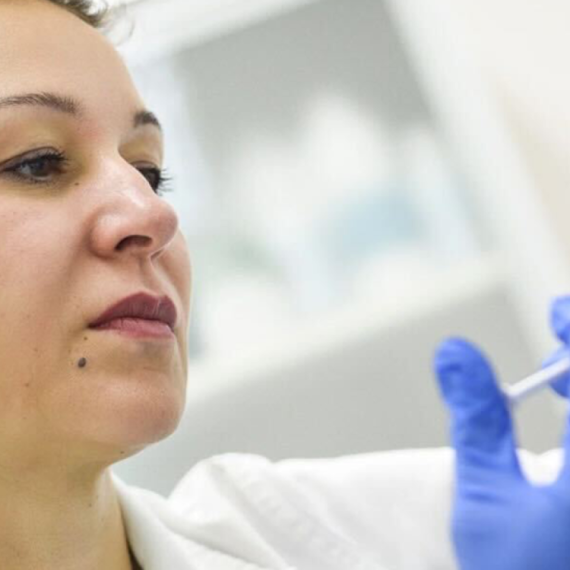

Komentari 3
Pogledaj komentare